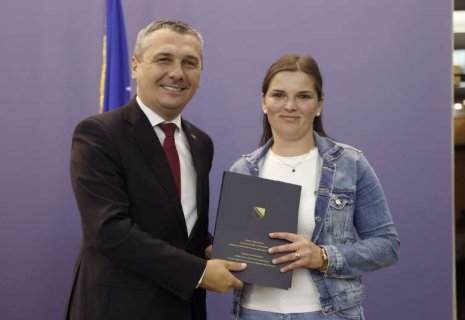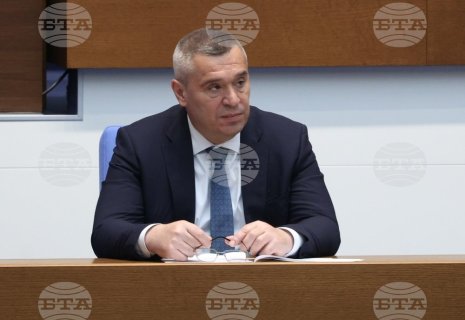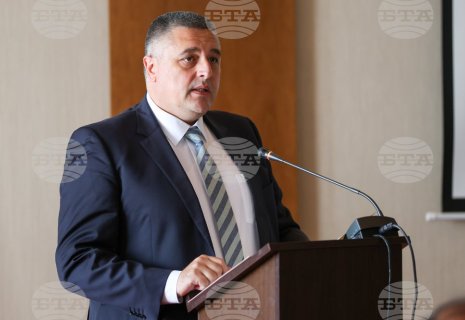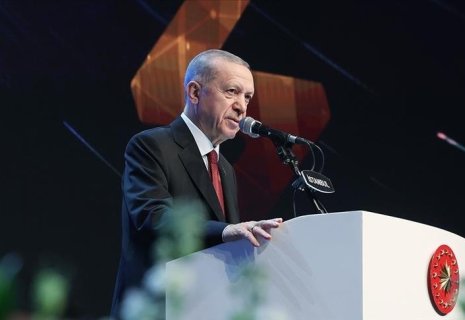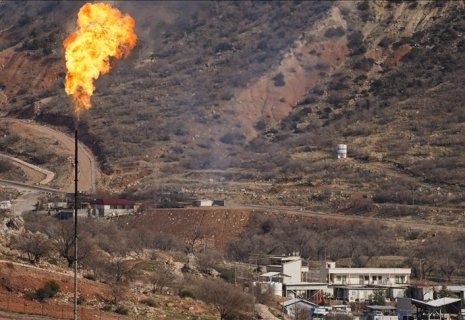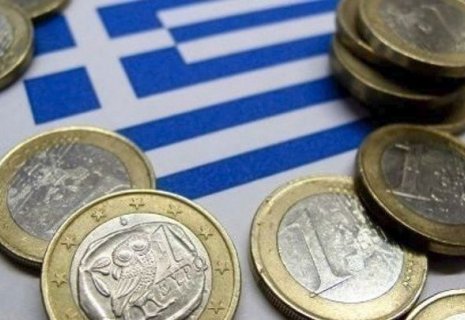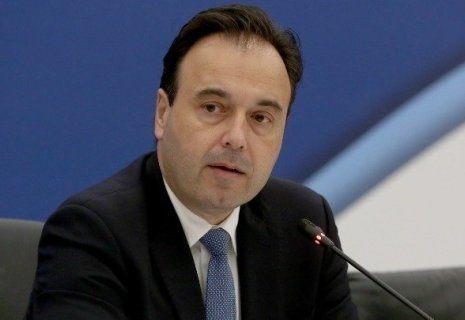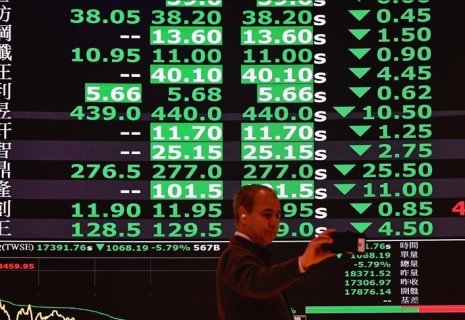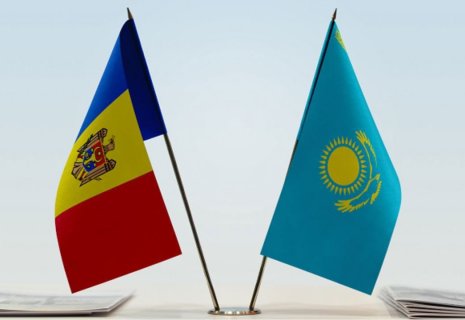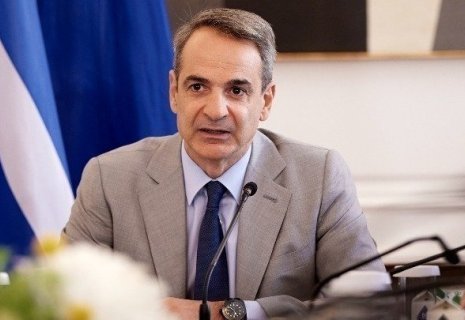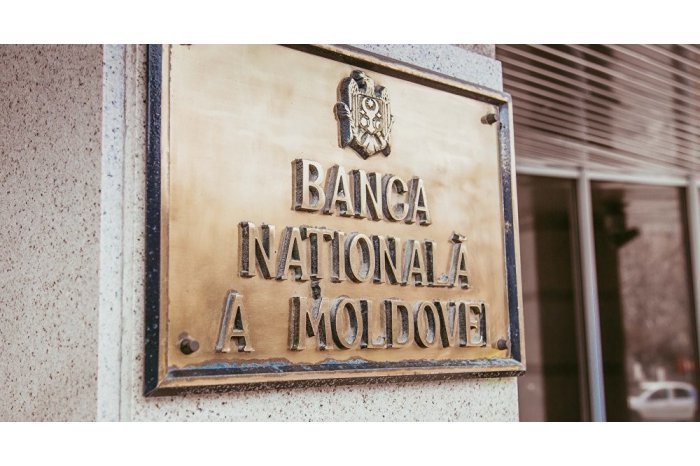
National Bank of Moldova Raises Key Interest Rates to Curb Inflation
The National Bank of Moldova (BNM) has increased its basic interest rate for short-term monetary policy operations to 5.6% annually, up from the previous 3.6%. The decision, made unanimously by the BNM Executive Committee at an extraordinary meeting, reflects the need to address inflationary pressures following recent tariff hikes.
Additionally, the interest rate for overnight loans has been raised to 7.6% from 5.6%, while the overnight deposit rate now stands at 3.6%, up from 1.6%. The rate for repo operations has also increased to 5.85% from 3.85%, CE Report quotes MOLDPRES
The BNM stated that the decision is based on an analysis of macroeconomic data, highlighting the impact of rising internal tariffs for gas, thermal, and electric energy, which were adjusted in late 2024 and early 2025. These energy price hikes are expected to drive inflation through increased production costs and inflationary expectations among households and businesses.
The institution emphasized that updated inflation forecasts suggest annual inflation will remain above the target range of 5% ± 1.5 percentage points for several quarters of 2025. The rate hike aims to mitigate secondary effects of tariff adjustments, anchor inflation expectations, and steer the inflation rate back within the target corridor.
The next monetary policy meeting of the BNM Executive Committee is scheduled for February 5, 2025.

